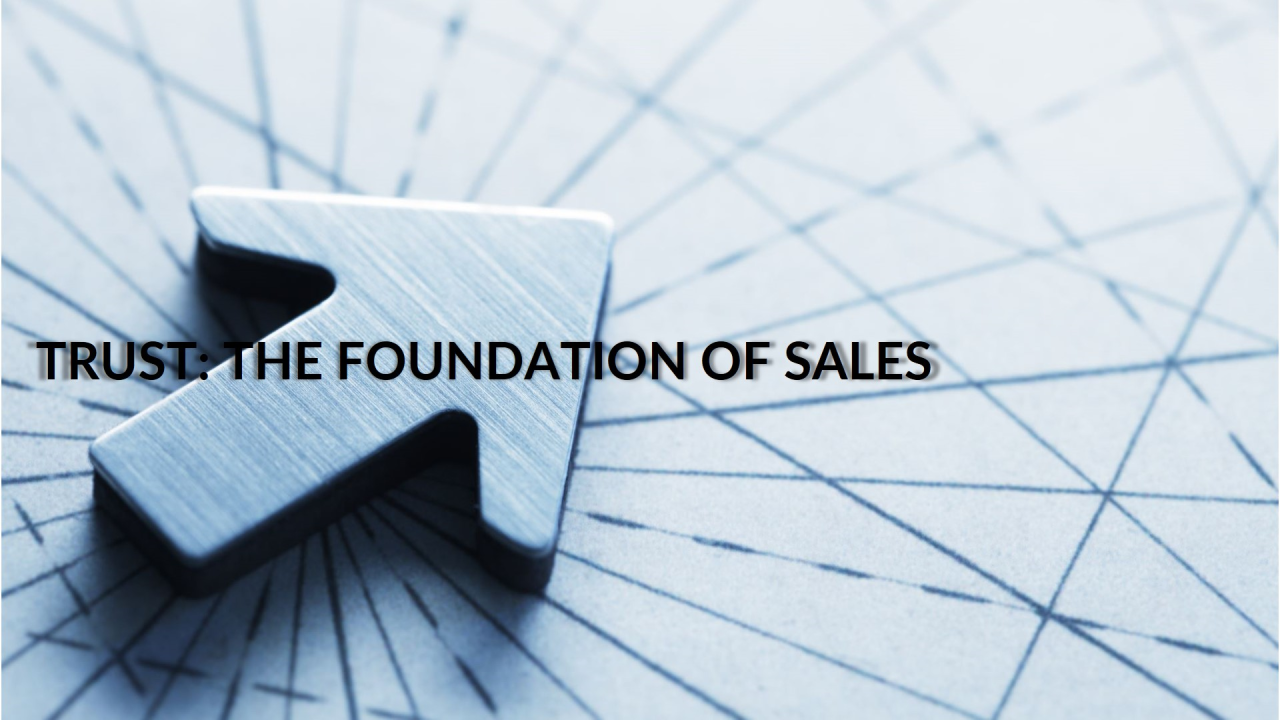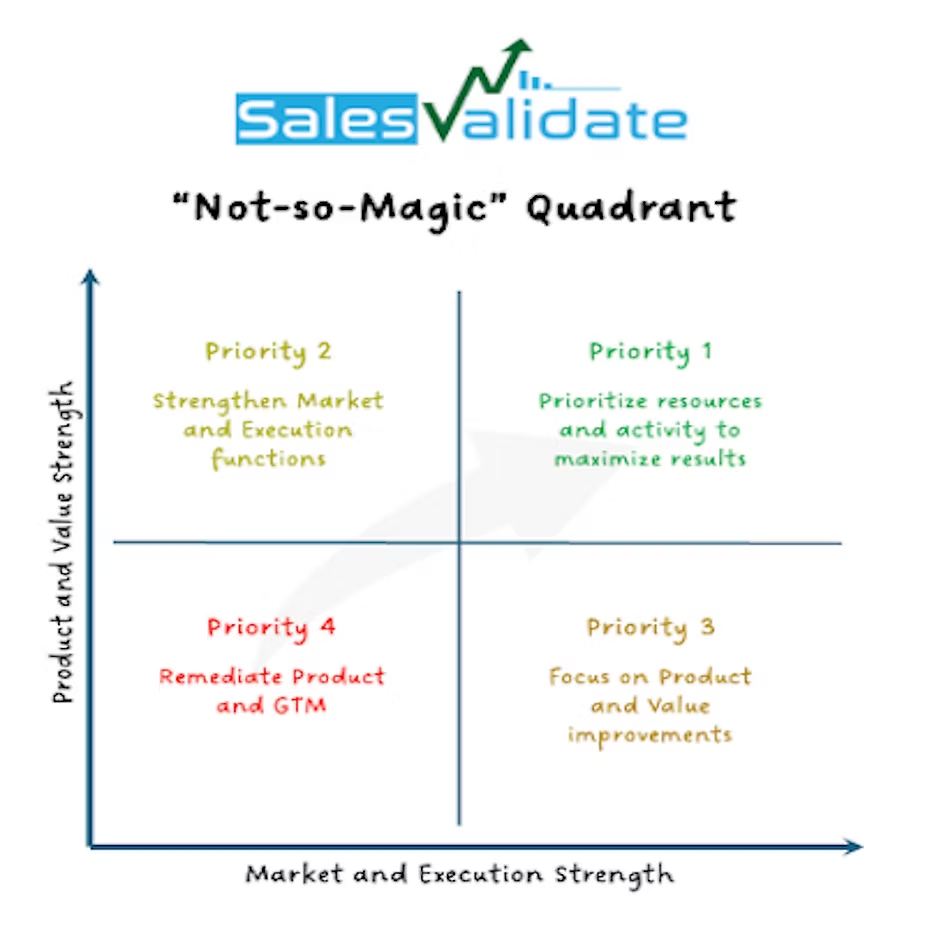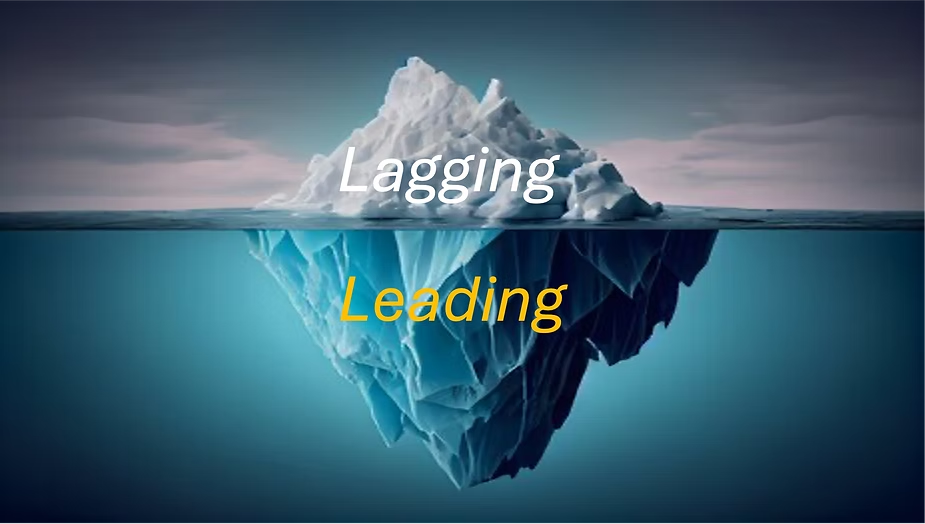The Not-So-Magic Quadrant You Should Be Running Your Business On
In today’s fast-paced, hyper-competitive market, trust is the invisible thread that holds everything together. Without it, sales fall apart, customers walk away, and relationships crumble. But trust isn’t built on flashy presentations or smooth talk—it’s built on something much deeper.
Let’s break down the three critical pieces to building trust in sales: Emotional Connection, Credibility, and Reliability.
Each plays a unique role in making sure your customers don’t just buy from you once, but keep coming back.
Focus on these four areas:
1. Emotional Connection: Understanding Your Buyer
It’s been said that people don’t buy products—they buy emotions. That might sound abstract, but it’s grounded in research. A study by the Harvard Business Review found that emotionally connected customers are more than twice as valuable as highly satisfied ones. Why? Because when you understand your buyer’s true needs, you can create an emotional bond that goes beyond the transaction.
Take a moment to think about your own buying decisions. When was the last time you made a purchase because you felt understood by the salesperson or the brand? That feeling of being seen, heard, and valued is what emotional connection is all about.
This is a skill you can learn and refine. It starts with active listening, genuine empathy, and understanding the real pain points your buyer is facing. Are they under pressure to hit specific targets? Are they concerned about efficiency? Tap into these emotions, and you’ll build a bond that goes beyond just a one-time sale.
2. Credibility: Proving Your Expertise
Emotional connection might get your foot in the door, but credibility is what keeps it open. Buyers today are smarter and more informed than ever. They can spot fluff from a mile away. In fact, a Salesforce report showed that 79% of buyers expect companies to act as trusted advisors. They don’t just want someone who can sell; they want someone who can guide them.
Demonstrating your credibility comes down to two key actions:
Knowledge: Do you know your product or service inside out? Can you confidently speak to its benefits, features, and limitations?
Experience: Have you worked with similar companies or industries? Can you share real-world examples of success?
When you can confidently demonstrate your expertise, you position yourself as a trusted advisor, not just another vendor.
But credibility has a flip side: it can be lost quickly if promises aren’t met. This brings us to the third critical element.
3. Reliability: Delivering on Your Promises
Even the strongest emotional connection and the most impressive credibility will crumble if the company behind you doesn’t deliver on its promises. This is where reliability comes into play—and it’s often where trust is broken.
According to PwC, 32% of customers will walk away from a brand they love after just one bad experience. Think about that—nearly one in three people won’t give a second chance if reliability isn’t there.
Reliability is about consistency. It’s about making sure the product or service does what you say it will, every time. It’s about making sure deadlines are met, problems are solved, and expectations are exceeded.
But here’s the tricky part: Reliability is often out of the salesperson’s control. While you can train yourself to connect emotionally and demonstrate credibility, reliability falls on the company’s ability to execute. That’s why, as a salesperson, you need to be sure the company you represent can back up the promises you’re making.
When reliability falters, so does trust—and no amount of personal expertise can make up for a company that doesn’t deliver.
Building Trust is a Skill
The good news is that emotional connection and credibility are skills you can learn. These are in your control and should be a focus of your training. But don’t forget the third piece—reliability. While it’s not something you can directly control, it’s something you can manage by setting realistic expectations and using examples of your company’s track record to reassure your buyers.
In the end, trust in sales comes down to this: When your customers trust you, they’re not just buying a product—they’re buying into you. And when they believe in you, that’s when true, lasting success happens.
3 Steps to Start Building Trust Today
If you want to start building trust in your sales process right now, here are three simple actions you can take:
Listen with intention: Start every conversation by truly listening. Ask thoughtful questions and pay attention to your buyer’s real concerns and goals. Active listening builds the emotional connection you need to gain their trust.
If you want to learn more about improving your listening skills, check out this guide on effective listening: https://www.mindtools.com/pages/article/listening-skills.htm.
Share proof: Show that you’ve done this before. Whether it’s customer testimonials, case studies, or data points, back up your credibility with tangible proof that demonstrates your expertise.
To see examples of how to effectively present sales proof, you can explore this resource from HubSpot: https://blog.hubspot.com/sales/sales-proof-examples.
Set realistic expectations: Don’t overpromise. Be clear about what you and your company can deliver and stick to it. Reliability is about following through, and setting the right expectations from the beginning will help you earn and keep trust.
For more advice on how to set realistic expectations in your business, here’s an article from Forbes: https://www.forbes.com/sites/forbescoachescouncil/2019/12/13/10-ways-to-set-realistic-expectations-in-your-business/?sh=370254ec797f.
Want to know where you stand when it comes to building trust with your buyers?
Call to Action:
If you're curious about how well you're connecting emotionally, demonstrating credibility, or managing reliability, feel free to reach out.



